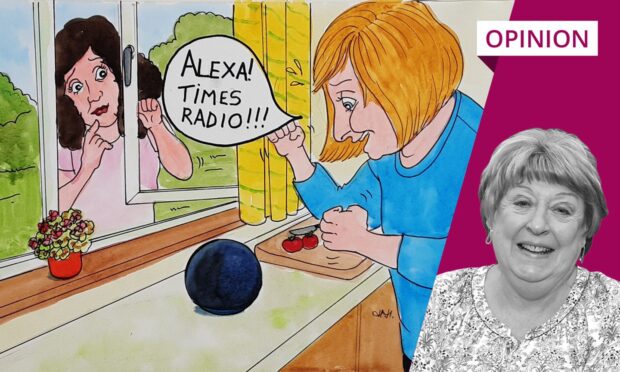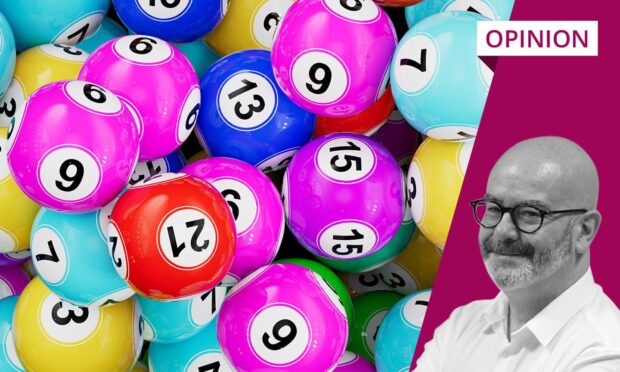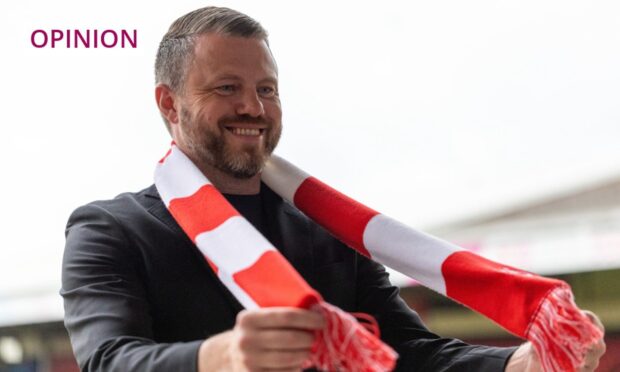As children grow older, it’s natural for them to become curious about sex and relationships, but this can be an anxious time for parents and carers.
You may feel worried that your child is growing up too fast and want to make sure they are healthy and safe in all their relationships.
With young people increasingly forming relationships online or using social media or video apps which enable them to livestream, there are undoubtedly more risks involved. It’s possible that a young person could talk to someone they don’t know online and who isn’t who they claim to be, or they could share personal information without realising.
Remind your child that if an online relationship is no longer working for them, they can take a break and speak to a trusted adult about it. For example, if they keep arguing with someone, social media sites will allow them to unfollow or defriend people. This can be on a temporary or permanent basis, and can help if they are finding it difficult to be connected to someone online.
If a young person wants to meet up with someone they have met online, it’s important for them to think about their safety, and they should never feel pressured into doing this.
Discovering that your child may be involved in an unhealthy relationship is extremely upsetting. It can also be difficult to pinpoint when something is wrong or how to help them. Knowing how to spot the signs and what to do if you’re worried can help to remove some of this anxiety.
Some signs to look for include a child or young person becoming isolated and spending little time with family or friends, being subjected to controlling behaviour such as someone telling them what to wear, always needing to let the person know where they are or what they’re doing, or having their social media monitored.
They could also feel pressured to do things they’re uncomfortable with, for example, sending nudes or sexual images. They may have their access to money, food or day-to-day items controlled.
Other possibilities include not attending school or college, persistent changes in mood or behaviour and being bullied or experiencing sexual bullying, either online, in private or in front of others at home or in school.
Age-appropriate conservations about sex matter – even if they feel awkward
It’s crucial for parents and carers to keep talking with their child about sex and relationships as they are growing up, even if this can sometimes feel a bit awkward or embarrassing.
Talking to them about this in an age-appropriate way will enable you to work out their level of understanding and encourage them to ask questions. It will also help them recognise the signs of abuse.
You could try having short, informal chats now and again, using everyday situations to start a conversation, such as discussing stories in the news. If you’ve been watching a TV series or film which features a character in a relationship, this can be a great way to start a conversation. You could ask your child what they think about the character’s relationship and if it’s healthy or unhealthy.
If your child is used to having these types of conversations with you when they are younger, they will be more likely to confide in you when they are teenagers if something makes them uncomfortable.
There are many ways to make these conversations easier, for example, by finding a good time to talk, when your child is relaxed and there’s no one else in the family around. It’s also a good idea to choose a neutral location, such as when you’re out on a walk or bike ride, or even in the car, rather than at home where you might get interrupted.
Remember not to rush the conversation and let your child talk to you in their own time. Let them know that you’re there if they want to talk to you about relationships at a different time.
For advice or if you are worried about a child, contact our helpline on 0808 800 5000 or email help@nspcc.org.uk.
Carla Malseed is NSPCC Scotland local campaigns manager











